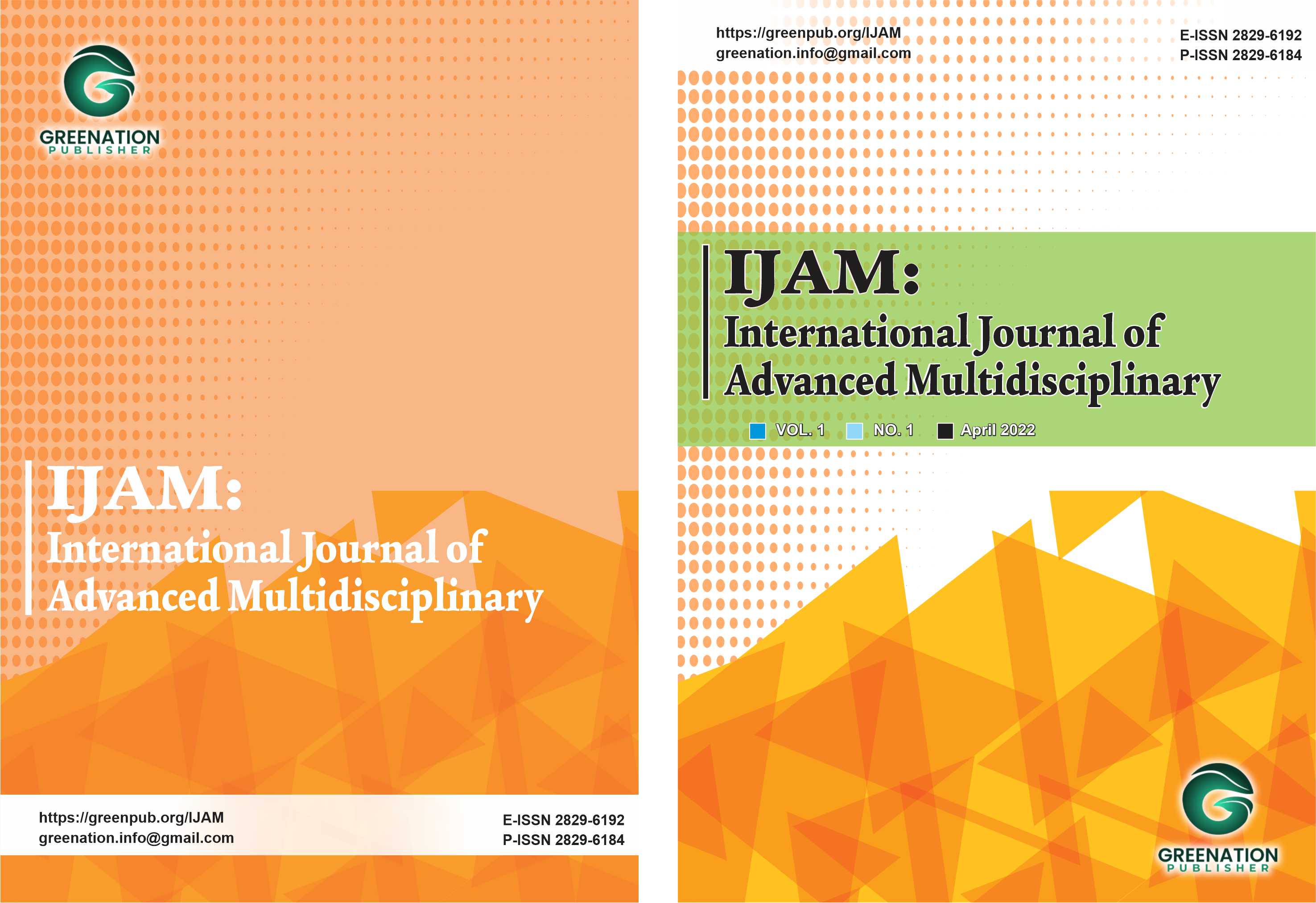Strategy For Increasing The Competence and Capability of Financial Literacy of MSMEs
DOI:
https://doi.org/10.38035/ijam.v2i2.277Keywords:
Financial Literacy, Competency and Capability, Small and Medium Enterprises, HousewivesAbstract
In its efforts to promote financial inclusivity, the Indonesian government has set a goal of achieving a 75% inclusion rate by 2019. However, as accessibility to formal financial services becomes more convenient for the general population, the risks within the financial industry also escalate. Unfortunately, ordinary individuals are ill-prepared for these circumstances as their understanding of financial products remains limited. The primary issues at hand are twofold: firstly, the lack of financial literacy among micro, small, and medium enterprises (MSMEs) and housewives in Indonesia, and secondly, the need for effective strategies to enhance financial literacy among MSMEs and housewives specifically in UMKM Azalea, located in West Jakarta. PKM aims to deliver training, knowledge, and solutions while offering capital resources. The research methodology employed is a descriptive qualitative approach. The outcomes of PKM reveal that there is a significant deficiency in financial literacy among Azlea MSMEs and households, with only 50% possessing adequate knowledge. Strategies for enhancing competency and capability encompass various aspects, including: a) fostering awareness and understanding of diverse financial products and services, b) comprehending the risks associated with financial products, c) ensuring customer protection, and d) cultivating skills in financial management.
References
Rumbianingrum, W., & Wijayangka, C. (2018). Pengaruh literasi keuangan terhadap pengelolaan keuangan UMKM. Almana: Jurnal Manajemen dan Bisnis, 2(3), 156-164.
Kasenda, B. S., & Wijayangka, C. (2019). Pengaruh literasi keuangan terhadap kinerja UMKM. Almana: Jurnal Manajemen Dan Bisnis, 3(1), 153-160.
Susanti, A., & Ardyan, E. (2018). Tingkat pendidikan, literasi keuangan, dan perencanaan keuangan terhadap perilaku keuangan UMKM di Surakarta. Telaah Bisnis, 18(1).
Amaliyah, R., & Witiastuti, R. S. (2015). Analisis faktor yang mempengaruhi tingkat literasi keuangan di kalangan UMKM Kota Tegal. Management Analysis Journal, 4(3).
Djou, L. G. (2019). Analisis pengaruh literasi keuangan, sikap keuangan dan kepribadian terhadap perilaku pengelolaan keuangan UMKM di Kabupaten Ende. Jurnal Magisma, 7(2), 1-12.
Idawati, I. A. A., & Pratama, I. G. S. (2020). Pengaruh Literasi Keuangan Terhadap Kinerja dan Keberlangsungan UMKM di Kota Denpasar. Warmadewa Management and Business Journal (WMBJ), 2(1), 1-9. Fitria, I., Soejono, F., & Tyra, M. J. (2021). Literasi keuangan, sikap keuangan dan perilaku keuangan dan kinerja UMKM. Journal of Business and Banking, 11(1), 1-15.
Anisyah, E. N., Pinem, D., & Hidayati, S. (2021). Pengaruh literasi keuangan, inklusi keuangan dan financial technology terhadap perilaku keuangan pelaku UMKM di Kecamatan Sekupang. MBR (Management and Business Review), 5(2), 310-324.
Arianti, B. F., & Azzahra, K. (2020). Faktor-Faktor Yang Mempengaruhi Literasi Keuangan: Studi Kasus UMKM Kota Tangerang Selatan. Jurnal Manajemen Dan Keuangan, 9(2), 156-171.
Islami, N. N., Wahyuni, S., & Puji, R. P. N. (2021). Digital literation of micro, small and medium enterprises (MSMEs) in jember district. IOP Conference Series.Earth and Environmental Science, 747(1) doi:https://doi.org/10.1088/1755-1315/747/1/012097
Kusairi, S., Sanusi, N. A., Muhamad, S., Shukri, M., & Zamri, N. (2019). FINANCIAL HOUSEHOLDS' EFFICACY, RISK PREFERENCE, AND SAVING BEHAVIOUR: LESSONS FROM LOWER-INCOME HOUSEHOLDS IN MALAYSIA. Economics & Sociology, 12(2), 301-318. doi:https://doi.org/10.14254/2071-789X.2019/12-2/18
Ispriyahadi, H., Wati, L. N., Saputra, W., Darwis, H., & Zaenudin, Z. (2022). Does fintech literation affect cashless society and individual shopping culture? International Journal of Commerce and Finance, 8(1), 63-84. Retrieved from https://www.proquest.com/scholarly-journals/does-fintech-literation-affect-cashless-society/docview/2687457027/se-2
Downloads
Published
How to Cite
Issue
Section
License
Authors who publish their manuscripts in this journal agree to the following conditions:
- The copyright on each article belongs to the author(s).
- The author acknowledges that the International Journal of Advanced Multidisciplinary (IJAM) has the right to be the first to publish with a Creative Commons Attribution 4.0 International license (Attribution 4.0 International (CC BY 4.0).
- Authors can submit articles separately, arrange for the non-exclusive distribution of manuscripts that have been published in this journal into other versions (e.g., sent to the author's institutional repository, publication into books, etc.), by acknowledging that the manuscript has been published for the first time in the International Journal of Advanced Multidisciplinary (IJAM).






















